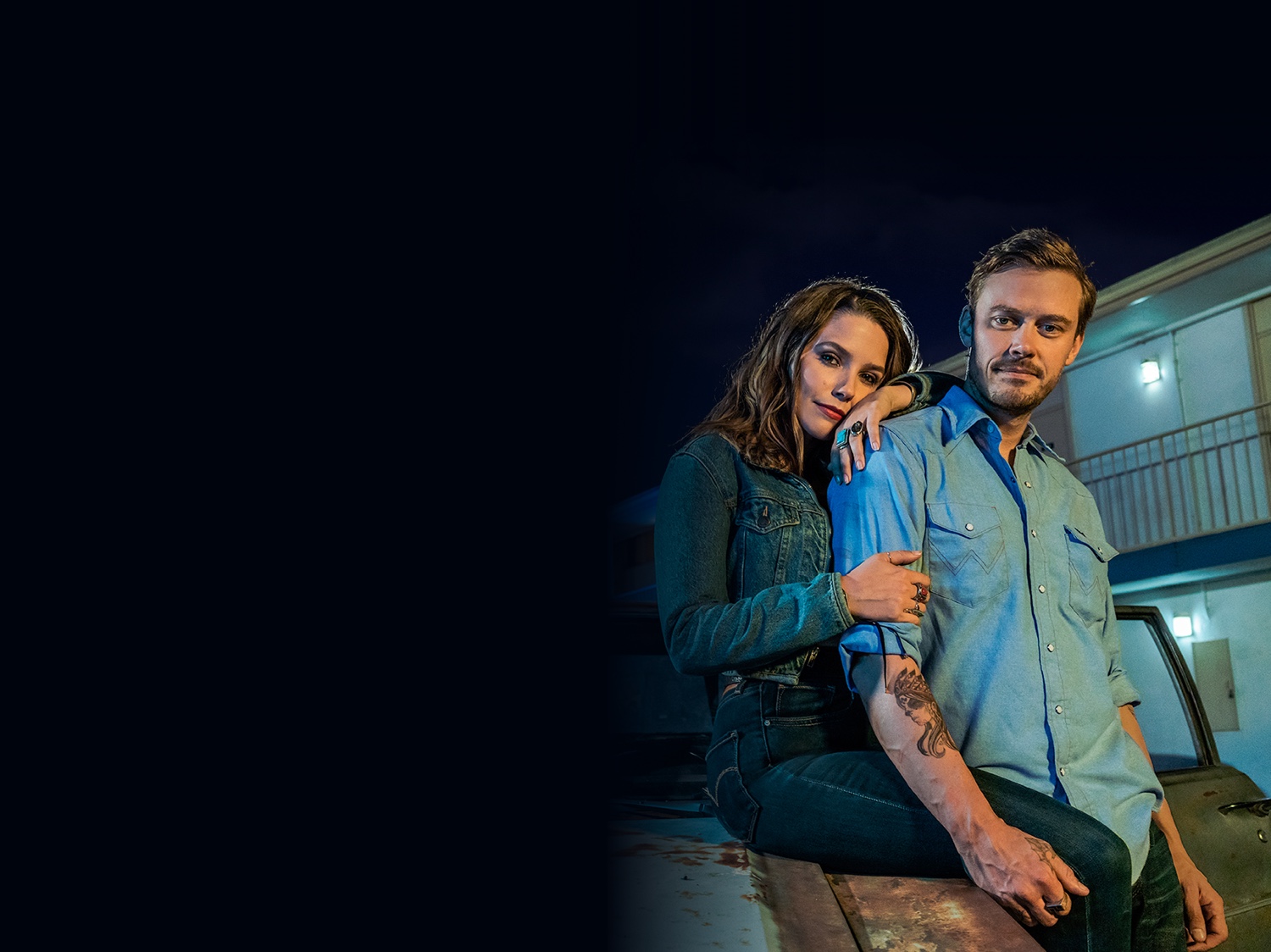At the Ready
by Rachel Willis
At Horizon High School in El Paso, Texas, students have the opportunity to learn and train for careers in law enforcement. From Border Patrol to the El Paso PD, director Maisie Crow examines the opportunities and dilemmas the students face as they follow this path in her documentary, At the Ready.
The film follows three students, two seniors at Horizon and one recent graduate, keeping the focus on how these teenagers participate not only in the Law Enforcement classes, but the school’s criminal justice club.
Mason, a transgender youth, joins the club because it’s portrayed as a place where a student gains a family. Indeed, we see former members of the criminal justice club returning to the school to interact with and encourage current members. A family is something Mason is desperate to find, as he is mostly on his own. With divorced parents, and a father often away for his job, Mason struggles with his loneliness, as well as his inability to reveal who he truly is to his parents, classmates and teachers.
The familial aspect of the classes is conveyed through the actions of not just the students, but many of the teachers – those profiled are all retired law enforcement personnel. However, we see that for some of the teachers, there is a hypocrisy to what they teach. They struggle to convey the realities of a career in law enforcement: the stress on one’s family, the fear, and the trauma that comes with the territory.
Many of the students are children of immigrants. For them, working for Border Patrol is an opportunity to not only protect the border, but to help others trying to enter the country. The reality of the situation is another focus of the film: Trump’s border policy of separating children from their families is something many of the students struggle with. Christina, a recent graduate, finds herself questioning the ethical morality of such a policy. When the border policy changes with the whims of those in D.C., it’s the people on the ground who have to deal with the fallout of inhumane regulations.
Crow does a good job of keeping the focus on the subjects in the film without injecting too much bias. You’re encouraged to make up your own mind as you connect with people on screen.
Many well-done documentaries will not only hold your interest, but make you think. This one does both.













